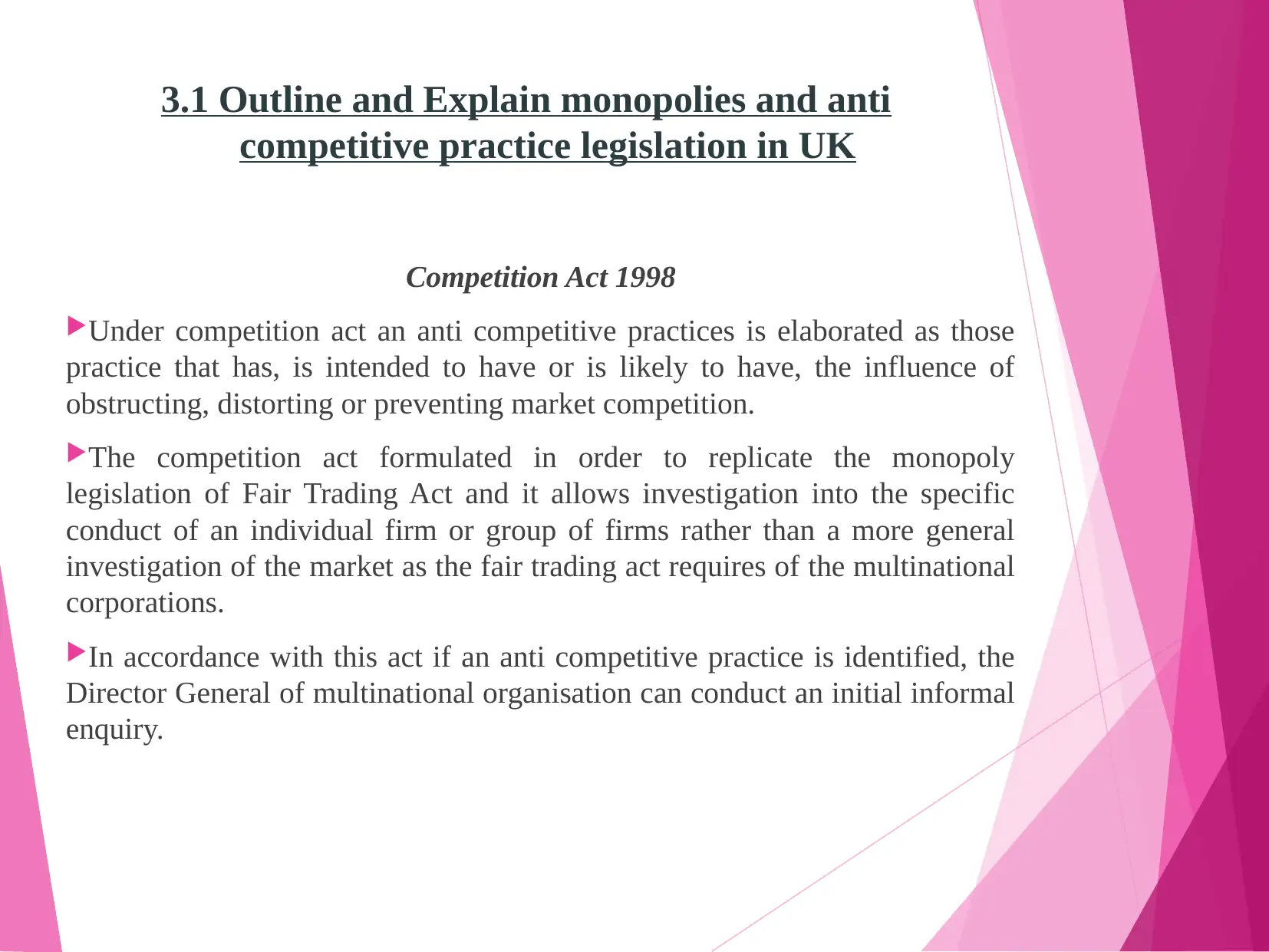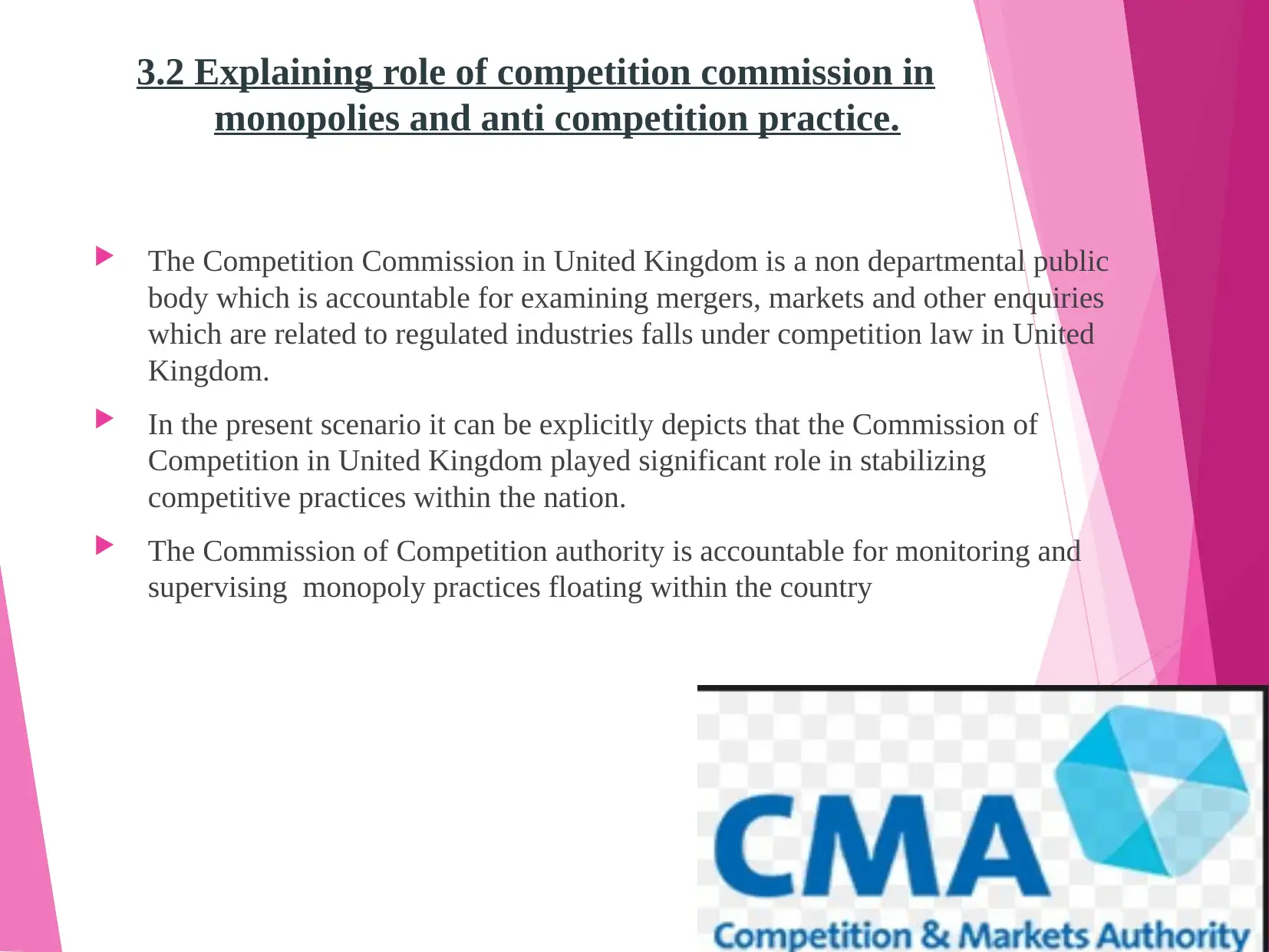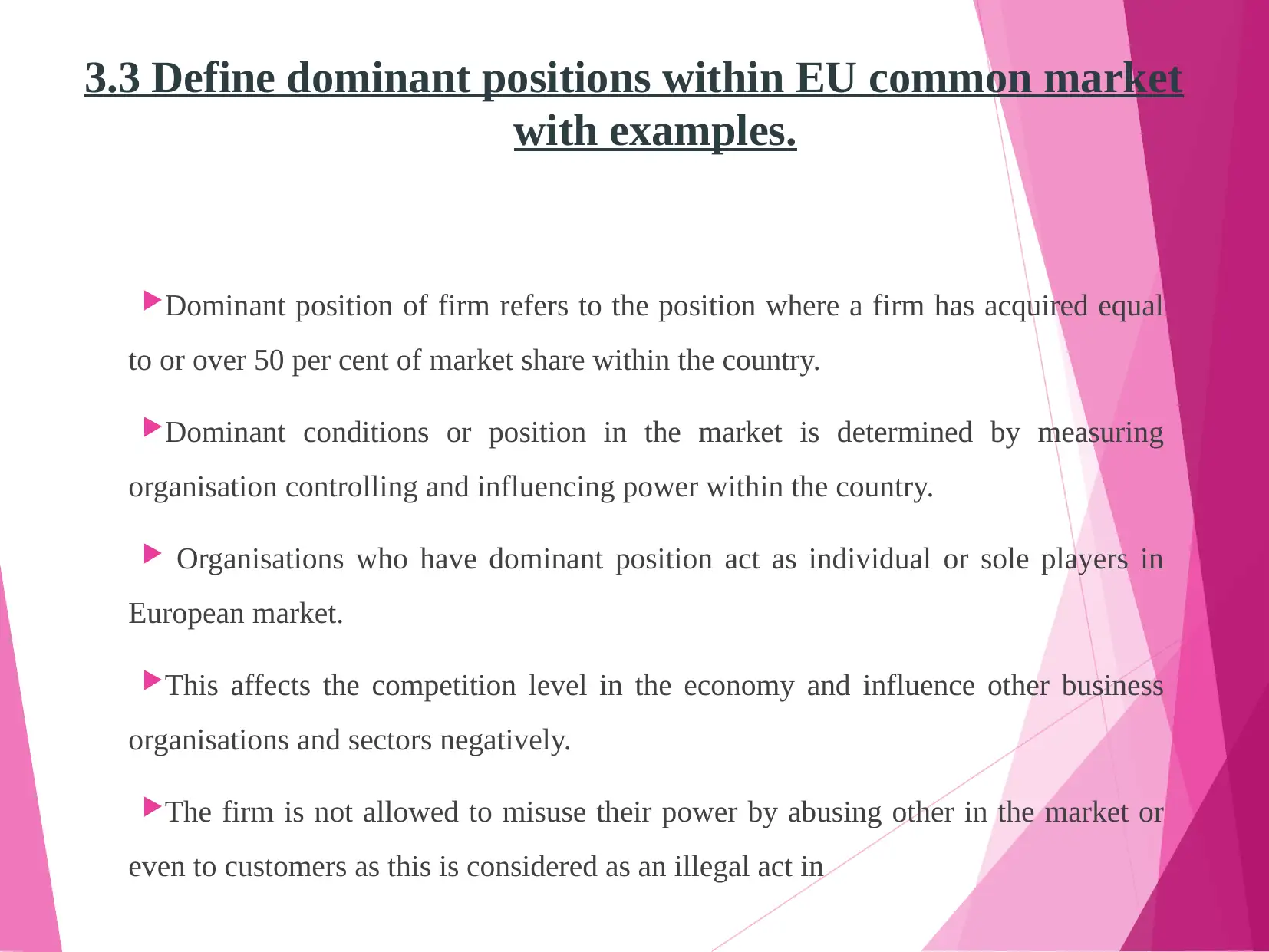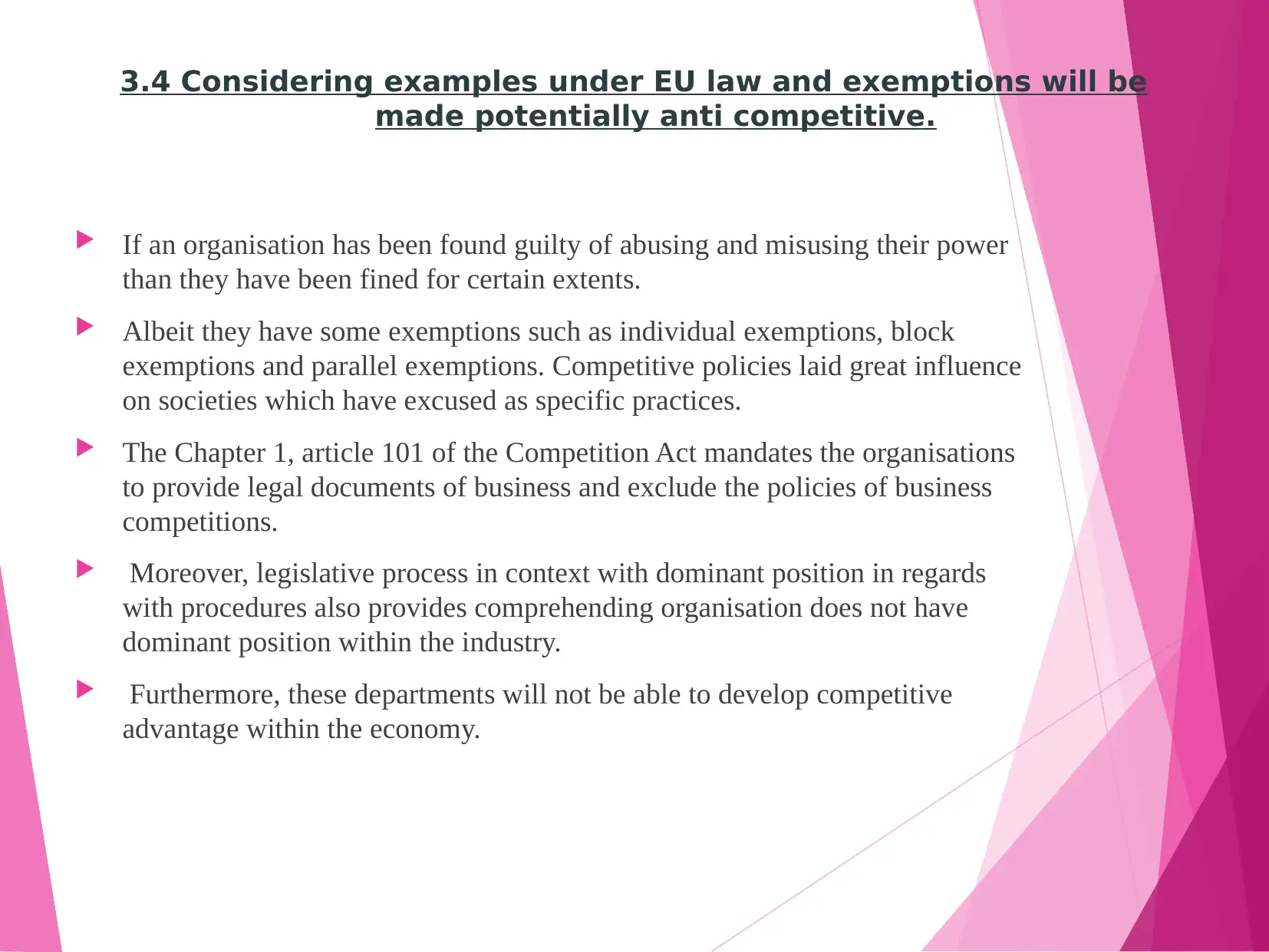Analysis of UK and EU Competition Law and Monopolies
VerifiedAdded on 2023/03/16
|6
|582
|89
Report
AI Summary
This report provides an analysis of the UK Competition Act 1998, focusing on monopolies and anti-competitive practices. It begins by outlining the key aspects of the Act and its implications for market competition, including the role of the Competition Commission in regulating these practices. The report then delves into the concept of market dominance within the EU common market, defining dominant positions and providing examples of how they impact competition. It also addresses exemptions to competition law, such as individual and block exemptions, and examines the legal framework governing anti-competitive behaviors. The report references relevant legal documents and procedures, emphasizing the importance of fair competition and the prevention of market abuse. Finally, it highlights the impact of competition policies on businesses and the economy, making it a comprehensive resource for understanding competition law.
1 out of 6












![[object Object]](/_next/static/media/star-bottom.7253800d.svg)